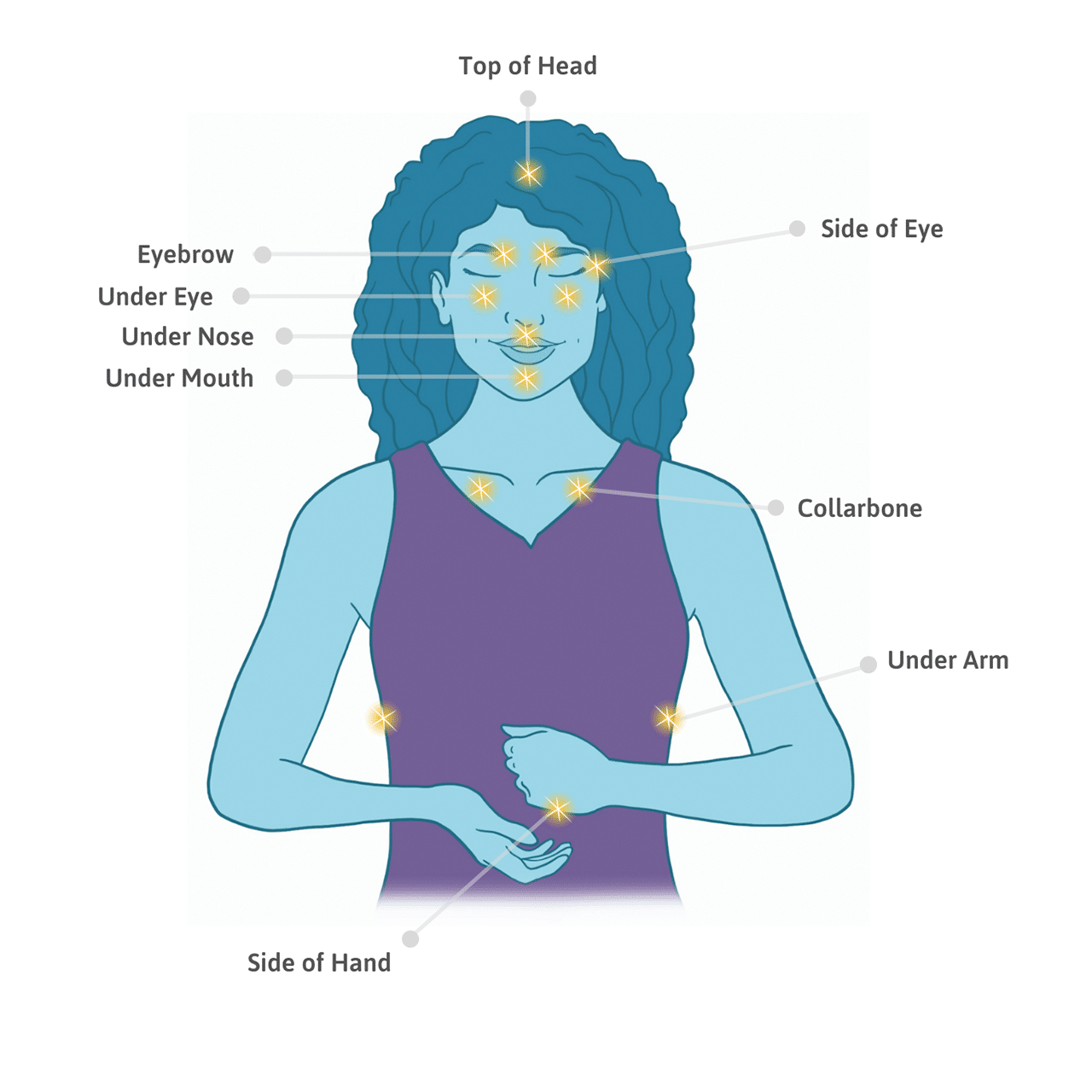One of my more memorable experiences working with EFT Tapping and addiction arrived about a half-hour after the first screening of my documentary film “The Tapping Solution” several years ago.
The audience had really liked the movie, so there was a lot of excitement during the post-screening discussion. Given the mood in the room, the last thing I expected was this question from an audience member:
“I’m sorry, but I’ve been in here for over 2 hours.
I’m desperate for a cigarette, can we tap on it?”
I agreed, and we spent the next five minutes tapping as a group, focusing on this man’s craving for a cigarette. By the end of several rounds of Tapping, he was amazed that he no longer felt the need to smoke. He shared that he’d really been enjoying our discussion, hadn’t wanted to leave, and was excited to have his craving out of the way so quickly!

Since that day, I’ve helped many others, using EFT to quiet, and over time resolve, different addictions.
From mind-altering substances to food, and more. For those of you unfamiliar with EFT Tapping, it combines the best of two healing worlds. Eastern wisdom about acupressure, or “meridian points” in our bodies, and traditional Western psychotherapy, or “talk therapy” are both included.
The practice consists of tapping your fingertips on nine specific meridian points while talking through traumatic memories and emotions. Because EFT accesses the “stress centers” in your brain on physical and emotional levels simultaneously, EFT can treat conditions that often can’t be resolved successfully with psychotherapy alone.

Treating addiction with EFT Tapping is a two-part process.
The most urgent issue is typically the physical craving, which is what EFT resolved for that movie audience member. Tapping can provide fast relief for cravings and allow people to lower their use/intake of the addicting substance or activity.
Tapping also gives addicts a healthy replacement for their addiction. For instance, someone trying to stop drinking alcohol can briefly leave a dinner party to tap for a few minutes and quiet the physical craving to drink wine.
To find the long-term resolution for any addiction, you must address the root causes, which are the unresolved emotional issues.
For example, an alcoholic who began drinking after divorce would need to tap on their feelings from the breakdown of that marriage. Tapping on alcohol abuse alone would not suffice. To do that, they must want to stop drinking and be willing to engage in the recovery process.
David Rourke, an EFT practitioner who has been attending Narcotics Anonymous himself for over 25 years, helps serious addicts recover from addictions to heroin, alcohol, and more. In cases of severe addiction true recovery can take years, he says.
What he has seen repeatedly during those years is how much EFT helps people continue progressing toward recovery. It’s a really important accomplishment, he explains, given that 50 – 90% of serious addicts relapse within 24 hours after a 28-day recovery program.
One reason Tapping is so helpful for addicts is its ability to calm anxiety very quickly.

Using Tapping, you access the amygdala, located in your mid-brain. The amygdala regulates your body’s stress response initiated by a physical craving or an emotional trigger, like a painful memory.
With Tapping, you quickly disrupt the body’s stress response. This prompts your body to release fewer “stress hormones” like cortisol and adrenaline, which flood your body during moments of high anxiety. With these hormones at healthier levels, your body and mind relax much quicker.
The relaxation response from EFT allows addicts to respond to potentially stressful situations more logically, and make a rational decision. This way relapsing into their addiction is less likely as they realize it ultimately causes more pain.
The more addicts access their inner strength, the sooner they can address the deeper issues behind their addictions.
EFT Tapping, David adds, can make the entire recovery process easier and shorter. It has the potential to prevent relapses and give addicts a way to treat themselves on a day-to-day, even moment-to-moment, basis.
You can learn more about Tapping basics here. And for additional resources on smoking cessation and eliminating cravings, be sure to explore our Tapping Solution App!
Until next time…
Keep Tapping!
Nick Ortner










Connect With Us on Social Media